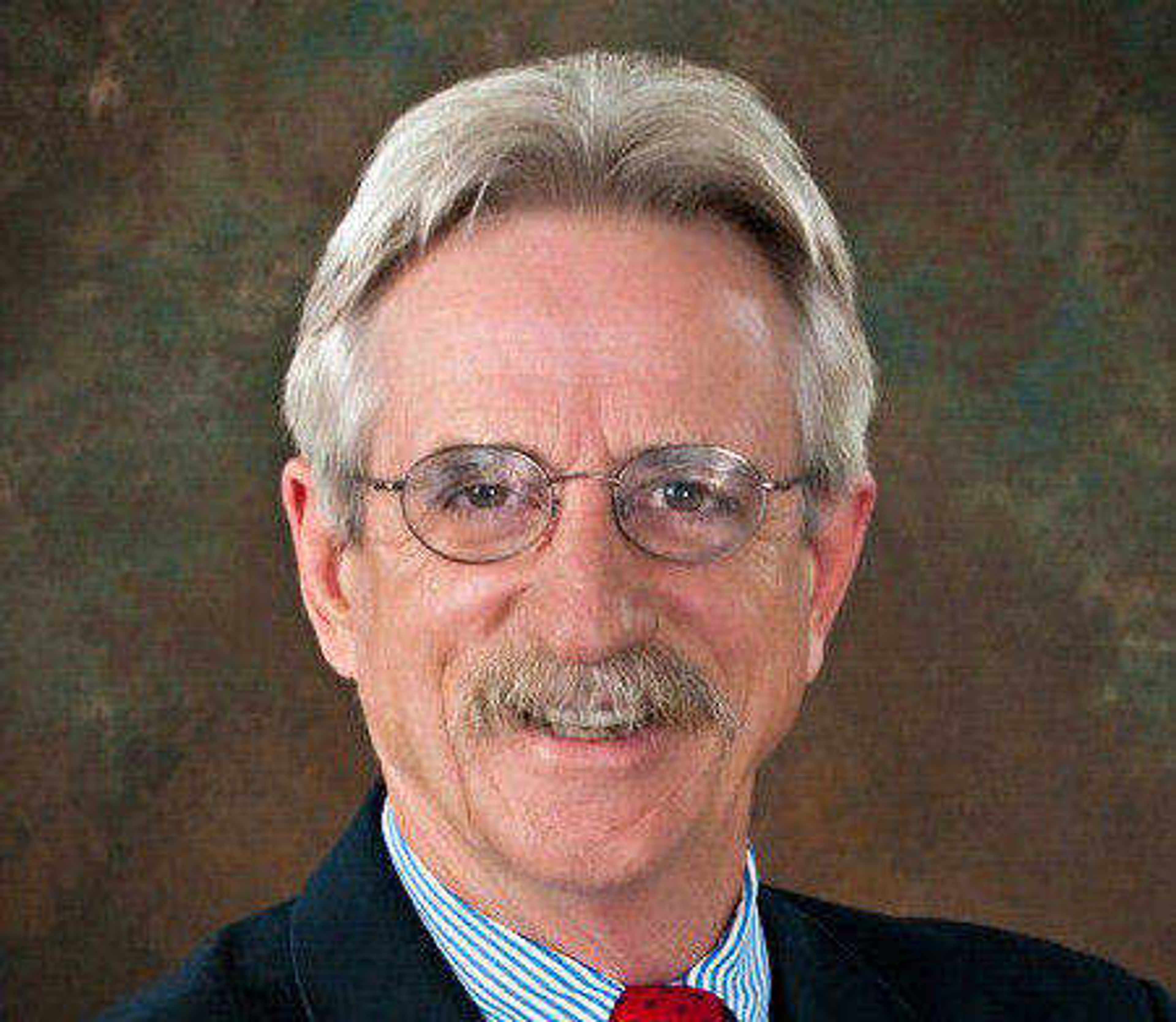The failed economic inequality policies
If you pay attention to the administration's talking points for 2014, you now know our national obsession is ending economic inequality. That lofty yet ill-defined goal will be a major talking point when the president makes his annual State of the Union address. In fact, many of the political talking heads were rehearsing the issue this past Sunday...
If you pay attention to the administration's talking points for 2014, you now know our national obsession is ending economic inequality.
That lofty yet ill-defined goal will be a major talking point when the president makes his annual State of the Union address. In fact, many of the political talking heads were rehearsing the issue this past Sunday.
We've collectively made progress on racial and gender equality -- though the process has been difficult and much slower than it should have been.
But now we enter into the era of economic equality -- guaranteed outcomes, in other words -- and I must be a slow learner because I find problems galore with the concept.
Let's start with some history. It was 50 years ago last week that President Johnson took up the mantel from the late John Kennedy and launched the War on Poverty.
And the lesson we should have learned during the last half century is that throwing money at a problem is a virtual guarantee for failure.
Trillions of dollars -- not millions nor even billions -- have been shifted from taxpayers to provide not only a safety net but an array of programs from education to training to loans, grants and subsidies -- all designed to lift people out of poverty.
And yet on this milestone anniversary of that declared war, the poverty rate today remains exactly as it was when Johnson fired that first expensive shot.
Every single poverty program has increased in funding through the years. Yet nothing has changed.
Are we such simpletons that we believe some magical increase in the minimum wage will address this issue? If so, then by all means let's up the minimum wage to whatever level the American people believe will change this national economic equation.
And let's do it today!
But a scant 2 percent of the population currently earns the minimum wage, so that may be a start but it won't push us over the finish line.
And by all means, let's push to raise the tax rate on those rich folk who -- as we know -- are at the center of the problem.
Then we'll have more revenue to shift to those in the lower levels of the economic ladder.
But wait a minute. If we've already allocated trillions upon trillions from these wage earners and we still find ourselves in the same spot, maybe that solution is flawed.
President Clinton and Congress understood that providing a safety net in return for seeking a job that would help change the national economic inequality was a fair policy. But then this president waived the work requirement, and the incentive disappeared.
So do we now take this massive national pot of gold and allow our elected officials to devise a plan to divide it somewhat equally so that this income gap is removed?
And on a side note before it slips my mind, let's also ramp up the discussion on immigration reform and add 12 million or so newly legal workers to a stalled job market just to make the possibility of economic equality a little more difficult.
Haven't we learned that taking from producers to shift to nonproducers is a failed policy?
This reminds me of the trillions in additional education funding while our world ranking in all categories continues to plunge.
There's a lesson to be learned. But far too many in Washington, D.C., have yet to grasp the obvious.
Michael Jensen is the publisher of the Sikeston Standard Democrat.
Connect with the Southeast Missourian Newsroom:
For corrections to this story or other insights for the editor, click here. To submit a letter to the editor, click here. To learn about the Southeast Missourian’s AI Policy, click here.










